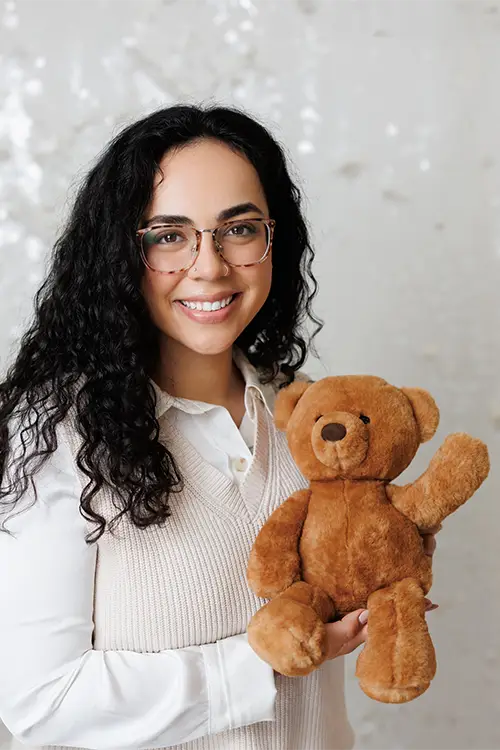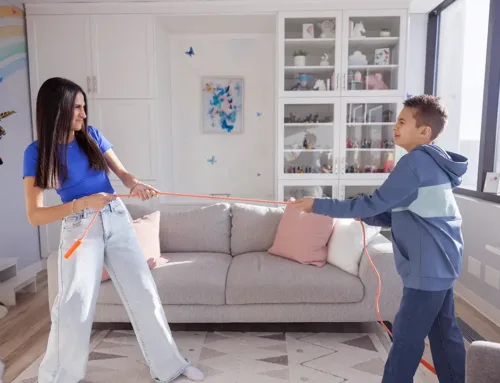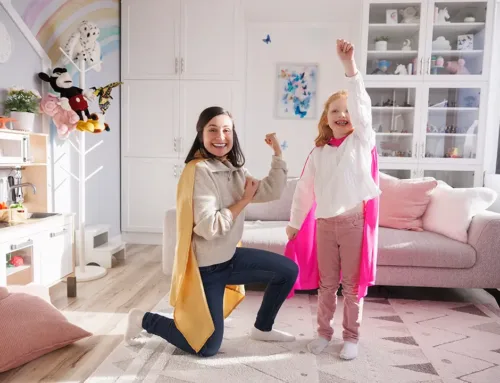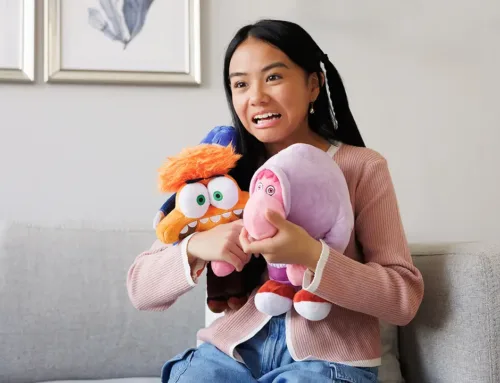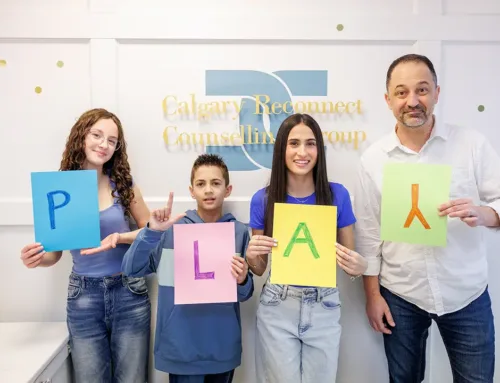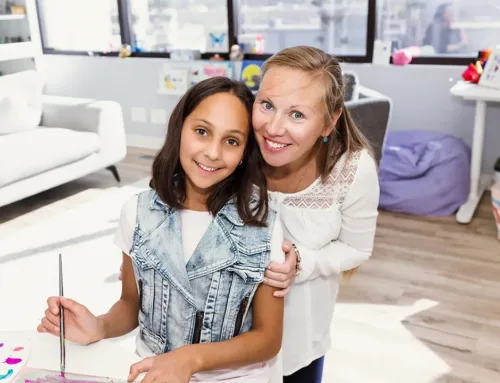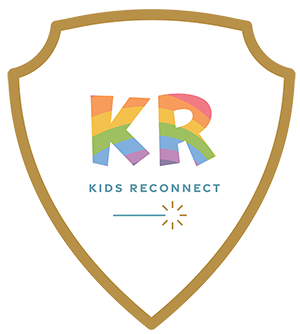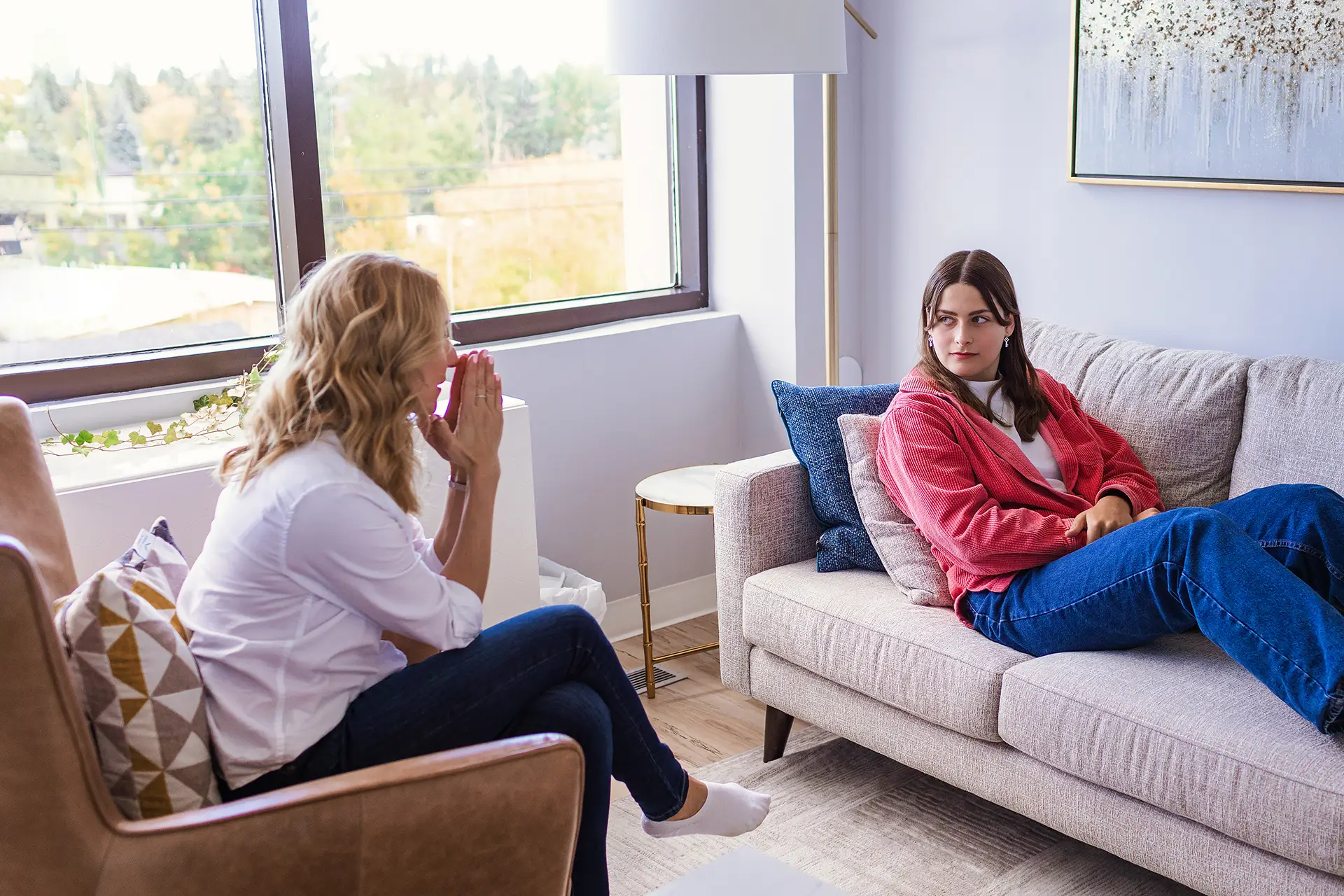
that foster connection and conversation?
Here are some tips to help you
spark a supportive and understanding space
for your adolescent child to feel
comfortable and safe talking to you.
Teens are still thinking with their hearts
So if interrogations are out, how to I ask questions that don’t shut down my teen?
You don’t have to forever stop asking your teenager any questions.
After all, it’s better that they know you care and that you want to know what is going on for them, rather than you not showing interest at all. However, there are better, gentler ways to reach them. A good starting point would be to use “I wonder” statements. (Hicks, 2021). Instead of intellectualizing, “I wonder” statements connect with the heart.
How to use “I wonder” statements
These sound like, “It feels like you’re upset – I wonder if something that happened at school today made you feel that way”. You are, firstly, acknowledging and reflecting on their obvious emotions, and then using (curious, gentle, non-accusatory language: “It feels like”, “I wonder”). These words sound a lot better to a teen than “Why are you upset?”.
If you must ask a question, or are in the process of moving into a conversation, avoid “why” questions as much as possible. These types of questions can sometimes sound or feel accusatory to your teen. Depending on the tone you use, (or the kind of day they are having) it could sound to them like you are questioning why they are upset, because they should not or do not have a reason to feel that way.
Superpower teen talk tip: “I wonder” sounds a lot like “I care”.
Be open, yourself
Open-ended yet specific statements prompt conversation and openness. Whenever possible, use reflective statements with your teen, to let them know that you understood them and are listening to what they are sharing. Also understand, be okay with, and remain attentive to teens responding to your questions or statements in non-verbal ways (Cochran & Cochran, 2018). For example, facial expressions, tears, body language, eye contact, etc. Maybe all they need is a hug, and not a solution.
If we expect our teens to be vulnerable with us, we should be willing to reciprocate. Adolescence is a stage of identity development. Guidance, support, and healthy examples are crucial in this stage of development. Your child does not need to know everything about you, but they should know that you are willing to also give them what you are asking for. Genuine human connection, support, and being okay with each other’s imperfection as we grow.
Superpower teen tip: “Make conversations with your teen an opportunity for you to grow as well..”
Take time to reflect
While interacting with your teen, ask yourself: ”Do I really need to know this?” or “Am I the best person to talk to them about this?” Teens need a bit of space, and maybe you could use some time to process and reflect, too. Parenting a teenager is no easy feat.
Perhaps their friend or sibling would be more comforting in this moment. Your child could be working through this topic with their therapist. Always show interest, but take a second to reflect on and think about how you are going to interact with your child.
Superpower teen talk tip: pausing to reflect is a parenting Superpower.
Meet them in their interests
It shows your teen that to you, THEY are really interesting.
Pop culture is generally important and relevant to a teenager’s life. Play therapist Lawrence Rubin (2018) stressed the importance of meeting your child in their interests and in their world. Show interest in their interests. Listen attentively and respectfully when they let you in. You are sure to learn something new —and probably pretty cool and surprising— about the richness of their world.
Teenagers may be able to more easily identify or express themselves through their favourite movie or book character. Perhaps, even through belting the lyrics of an Olivia Rodrigo song at the top of their lungs. It is also important that we are mindful not to dominate the conversation and turn the attention towards ourselves. If your teen is excited, match their excitement. If your teen is sorrowful, match their sorrow — as parents, we have to be careful not to make things about us.
Superhero teen talk : “You really love this song. That line about driving through the suburbs is powerful. Does Olivia have a new album out now?”
To sum it up
- Try to replace interrogation with affection statements.
- Interact with your teen in ways that encourage emotional processing instead of intellectualization.
- Be receptive, reflect, and match your teen‘s feelings and emotions.
- Show genuine interest in your teen’s interests.
References
- Cochran, N., Nordling, W., & Cochran, J. (2010). Child-Centered Play Therapy (1st ed.). Wiley.
- Hicks, B. (2021). “I Wonder” Statements – How To Get Better, More Meaningful Responses From Your Kids [Audio podcast]. https://www.playtherapyparenting.com/i-wonder-statements-how-to-get-better-more-meaningful-responses-from-your-kids/
- Kottman, T., & Meany-Walen, K. K. (2018). Doing play therapy: From building the relationship to facilitating change.
- Rubin, L. C. (Ed.). (2008). Popular culture in counseling, psychotherapy, and play-based interventions.
Meet the friendly author
Meet the friendly editor
